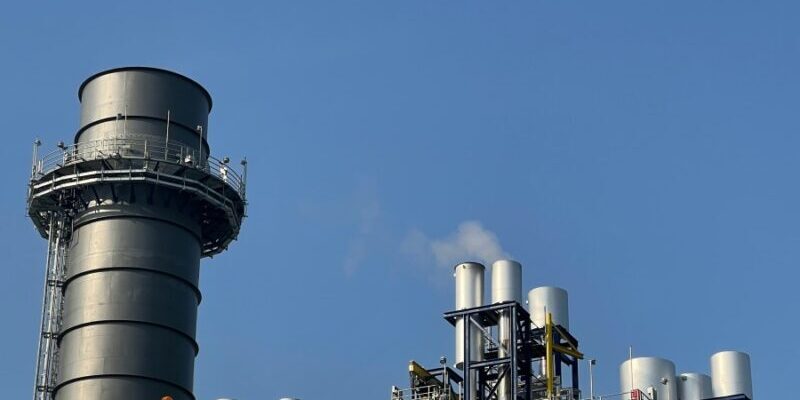Nigeria’s Dangote Oil Refinery has cancelled a planned maintenance shutdown for June on its 204,000 barrels-per-day gasoline-producing unit, having completed the necessary work during an earlier unplanned outage, according to industry data from IIR (Industrial Info Resources).
The maintenance was originally scheduled to last 30 days in June and would have targeted the refinery’s Residue Fluid Catalytic Cracking (RFCC) unit, which is critical for gasoline production.
However, the refinery used the unexpected downtime between April 7 and May 11 to carry out the required maintenance.
Dangote Refinery has since downplayed reports that the outage was due to unplanned repairs, stating that such claims are not entirely accurate.
During the shutdown, shipping analytics firm Kpler observed a shift in export patterns: while shipments of finished fuels such as jet fuel and gasoil declined, exports of residual products like straight-run fuel oil increased.
The 650,000-barrel-per-day Dangote Refinery, built by Africa’s richest man, Aliko Dangote, began producing diesel, naphtha, and jet fuel in January 2024, followed by gasoline (petrol) production in September.
The refinery is positioned to reduce Nigeria’s reliance on imported refined products and aims to compete with European fuel suppliers.
Despite facing challenges in securing adequate crude oil supply domestically, the refinery’s growing influence is already being felt beyond Nigeria.
According to the Organisation of the Petroleum Exporting Countries (OPEC), the Dangote refinery is beginning to disrupt traditional fuel supply chains, particularly those between Europe and Africa.
Economists estimate that the refinery has the potential to eliminate the long-standing $17 billion gasoline trade from Europe to Africa, reshaping the region’s fuel import dynamics.
![]()




